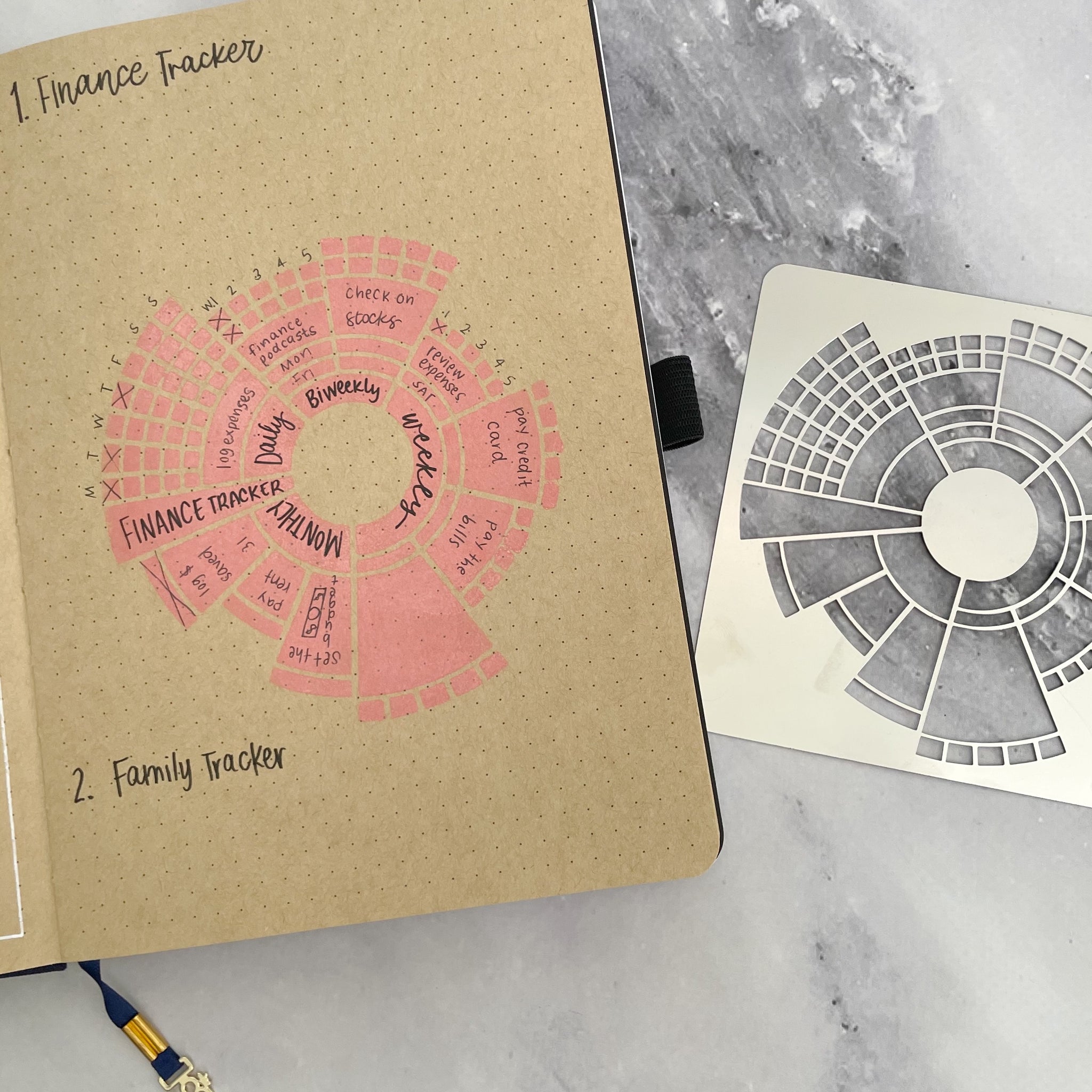There's one expert in terms of habit formation BJ Fogg at Stanford and I love this one principle he uses it's called Minimum Viable Effort.
When you're trying to build a habit, he says, the key thing is consistency, because if it's not consistent, it's not a habit. So minimum viable effort.
You want to start flossing more? Okay, floss one tooth. Just floss one tooth. Make it so simple that you can't not do it [set the bar low...]. I'm gonna read one page. It's so simple. I can't not do it. I'd feel like an idiot [...really low].
Once you can do that for like two weeks straight, great. two pages [increase gradually].
As opposed to setting this crazy high goal, failing, feeling bad, not wanting to do it. Now you've got a Pavlovian association where it's like, oh, I tried that it didn't work I don't feel good.

 . Why? Allow me to explain...
. Why? Allow me to explain...